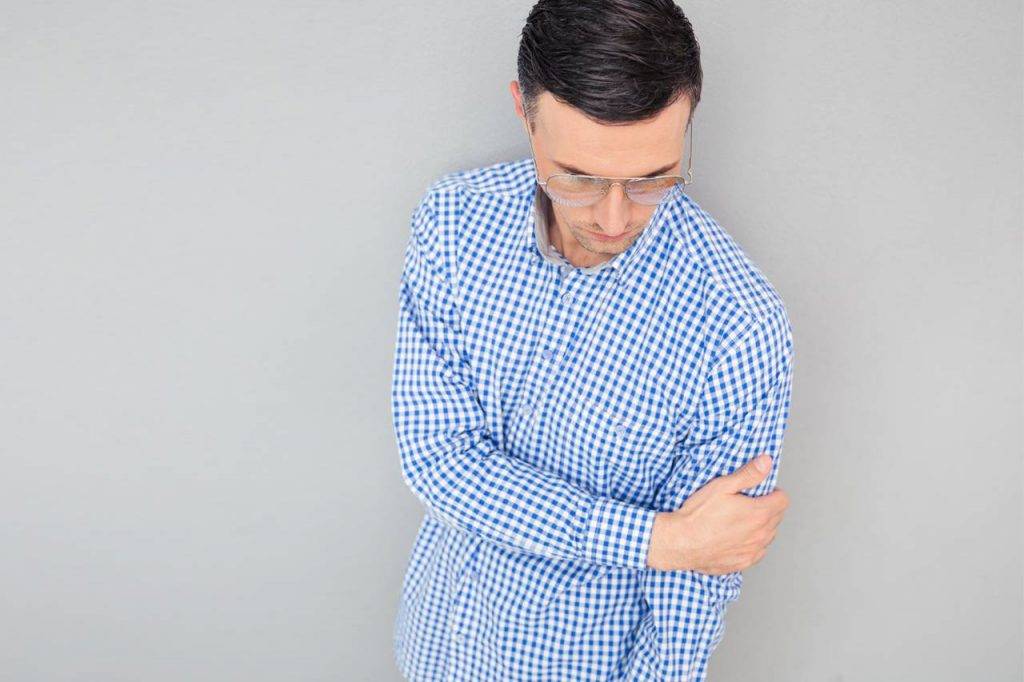Over 12 million people in the United States are diagnosed with low vision.
There is a wide spectrum of low vision and how quickly it occurs. It can happen quickly due to untreated retinal detachment or ocular trauma. Other conditions, such as open-angle glaucoma and macular degeneration, cause gradual vision loss..
Adapting to low vision requires time and patience, but you don’t have to go through it alone.
Contact an eye doctor near you to learn more about what aids and devices can help improve your low vision.
SEE RELATED: Reading Tips For People With Low Vision
What is low vision?
Low vision refers to vision of 20/70 or lower that cannot be corrected with glasses, contact lenses, or surgery.
Low vision can be a result of eye injury or eye conditions such as glaucoma. Having low vision can make it difficult to perform everyday activities such as reading and driving.
However, low vision devices and aids can maximize any remaining vision so you can continue to do the things you enjoy.
What are low vision aids and devices?
Low vision aids are a combination of special lenses and devices that maximize any usable vision to help patients watch TV, recognize faces, read and carry out daily tasks.
Common low vision aids include low vision glasses like microscopes, telescopes, filters and prisms. There are also electronic visual aids and optical magnifiers.
A low vision optometrist will work with you and prescribe the best devices to suit your needs.
Tips to help with low vision
Below are tips to help patients who experience any degree of vision loss to live a more fulfilling, independent and stress-free life.
1. Give your eyes a break
A common side effect of reduced vision is eye fatigue.
Many sight-threatening eye diseases cause symptoms like light and glare sensitivity, color and shape distortion, and diminished color contrast, among others.
All of these symptoms put a great deal of stress on the visual system. Your brain is trying tirelessly to decipher the distorted images that your eyes are sending.
Ensure that your eyes get the rest they require. Close them for a few minutes at a time during the day, especially if you’re doing something visually demanding. Some patients find it beneficial to take a nap.
2. Ask for help
Asking for help from family, friends and even strangers may be necessary at any stage of vision loss.
Asking for assistance can feel uncomfortable and as if you’re bothering the other person, but the truth is that most people are happy to offer a helping hand.
3. Slow down
When vision loss occurs, moving at the same pace as before can be hazardous. Allow yourself the time you require to finish things, both familiar and new.
For example, if you’ve dropped something, bend down slowly and carefully to prevent accidently hitting your head on something.
4. Keep things organized
If you feel like you’re spending more time looking for things around the house, you could benefit from a better organization system.
Being patient will save you time and energy if you always keep items, be it house keys or a wallet, in the same location every time.
Using brightly colored labels, stickers, pins, puffy paint and filing systems can all assist in keeping items neat and accessible.
Customizing your organization system to meet your specific requirements takes time, but it will be well worth the effort.
5. Rely on other senses
When it comes to getting things done, using your other senses, such as touch and hearing, can be beneficial.
You can better navigate a busy street by using your hearing to notice people in your vicinity. When searching for your phone or keys, scanning a surface with your hands may be more effective than looking for them visually.
Living with low vision can be challenging but with the right tools you can live life to the fullest.
LEARN MORE: Guide to Low Vision
Schedule a consultation with an eye doctor near you to find out which low vision aid or device will help improve your vision and quality of life.

